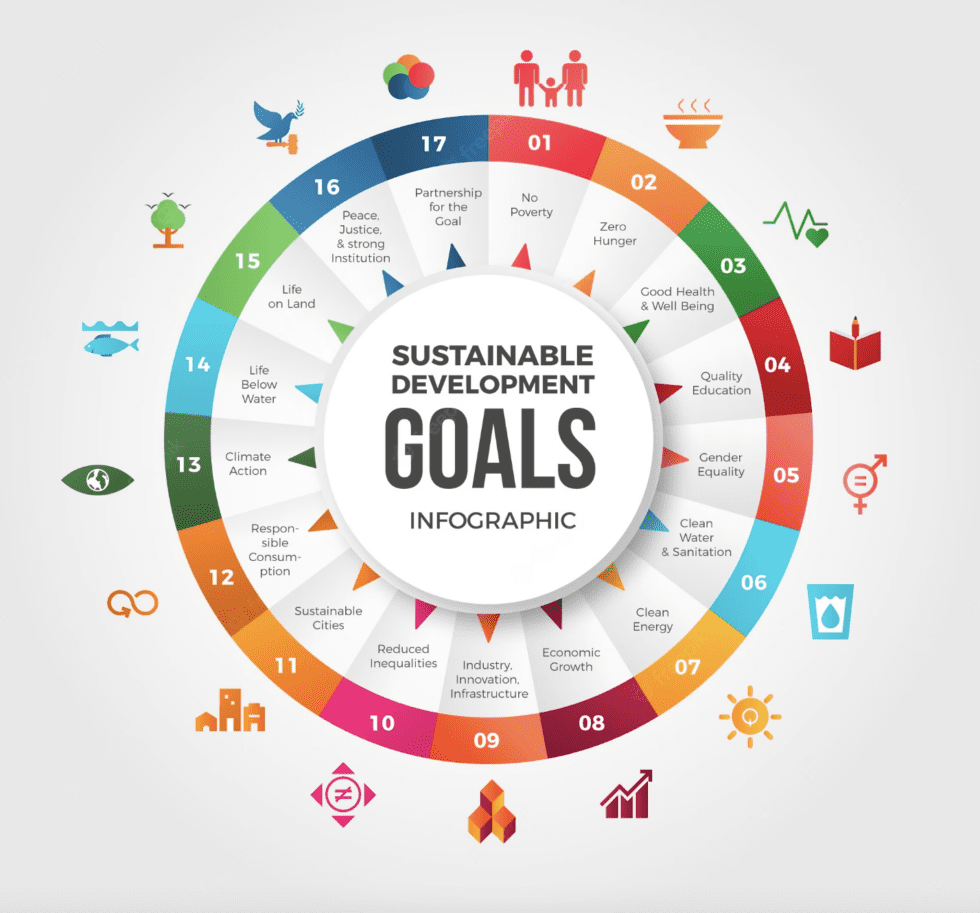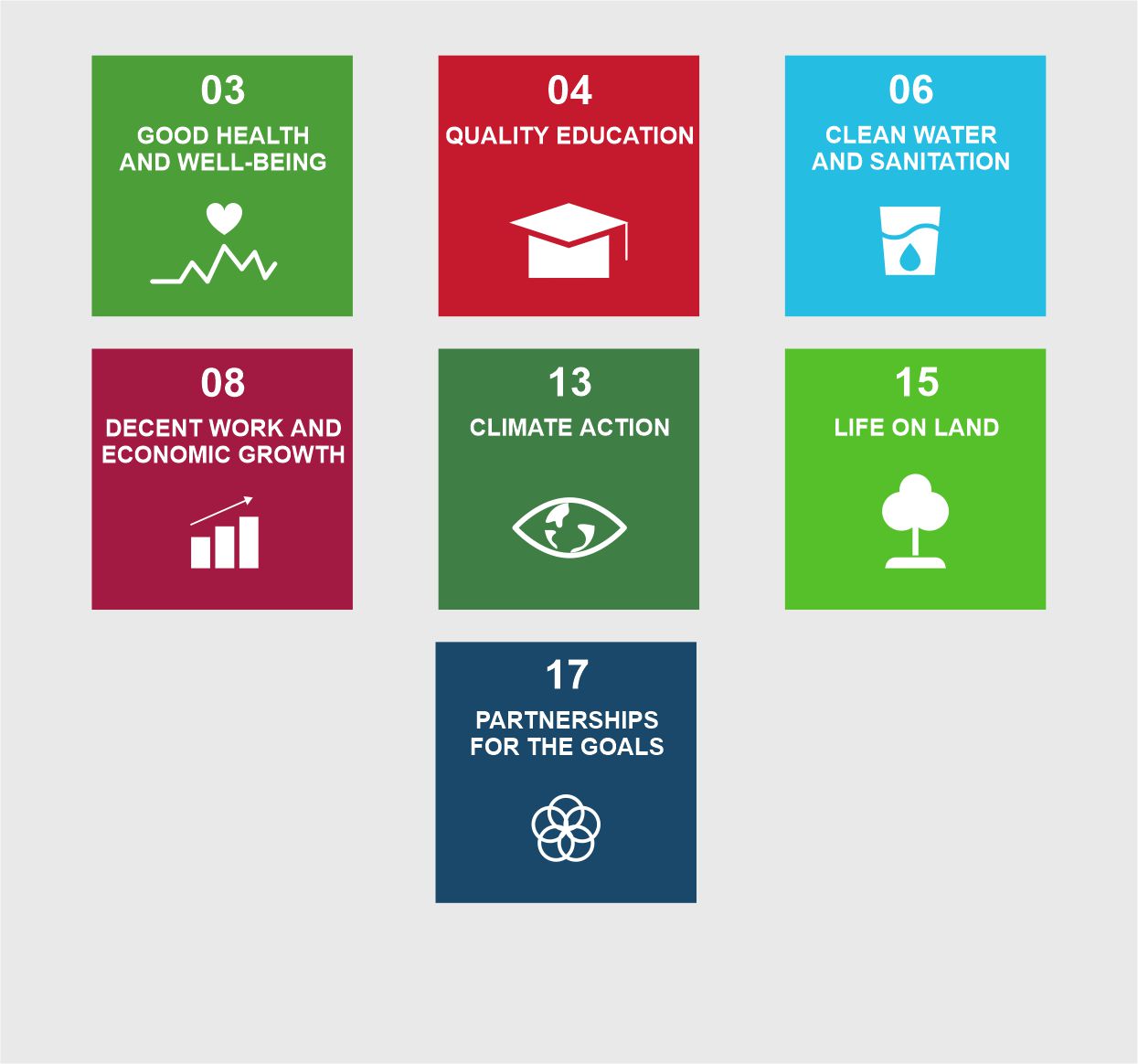SDGs
The Sustainable Development Goals (SDGs) emerged from a long history of global efforts to address social, economic, and environmental challenges. Their origins trace back to the 1972 United Nations Conference on the Human Environment in Stockholm, which laid the groundwork for environmental governance. In 1987, the Brundtland Commission's report, "Our Common Future," popularized the term "sustainable development," advocating for growth that does not compromise future generations. The 1992 Earth Summit in Rio de Janeiro produced Agenda 21, a comprehensive plan for sustainable development, while the 2000 UN Millennium Summit established the Millennium Development Goals (MDGs) to reduce poverty and improve health by 2015. Following the MDGs, the 2012 UN Conference on Sustainable Development (Rio+20) called for a new set of goals, leading to extensive global consultations. On September 25, 2015, the 2030 Agenda for Sustainable Development was adopted by all 193 UN member states, encompassing 17 SDGs and 169 targets aimed at a wide range of issues, from poverty and hunger to gender equality and climate action. The Government of the Islamic Republic of Afghanistan (GoIRA) has taken action to affirm its commitment to attaining the SDGs. The Ministry of Economy is the lead line ministry and focal point for the coordination, monitoring and reporting on Afghanistan Sustainable Development Goals (A-SDGs). The nationalization process is closely coordinated with the High Council of Ministers to ensure the implementation of the A-SDGs, and stronger cooperation with the private sector, civil society and community organizations. GoIRA is in the process of finalizing its nationalization of the A-SDGs, targets and indicators. UNDP represents the UN system on the Executive Committee of the SDGs. The Sustainable Development Goals are a global call to action to end poverty, protect the earth’s environment and climate, and ensure that people everywhere can enjoy peace and prosperity. These are the goals the UN is working on in Afghanistan: Spinghar Institute of Higher Education (Nangarhar) actively contributes to the goals of sustainable development (SDGs) through its various academic, social, and international activities. The institute is committed to advancing several of the (17) Sustainable Development Goals (SDGs) by integrating these objectives into its programs and initiatives. For more information about Sustainable development goals (SDGs) visit the following website: https://afghanistan.un.org/en

